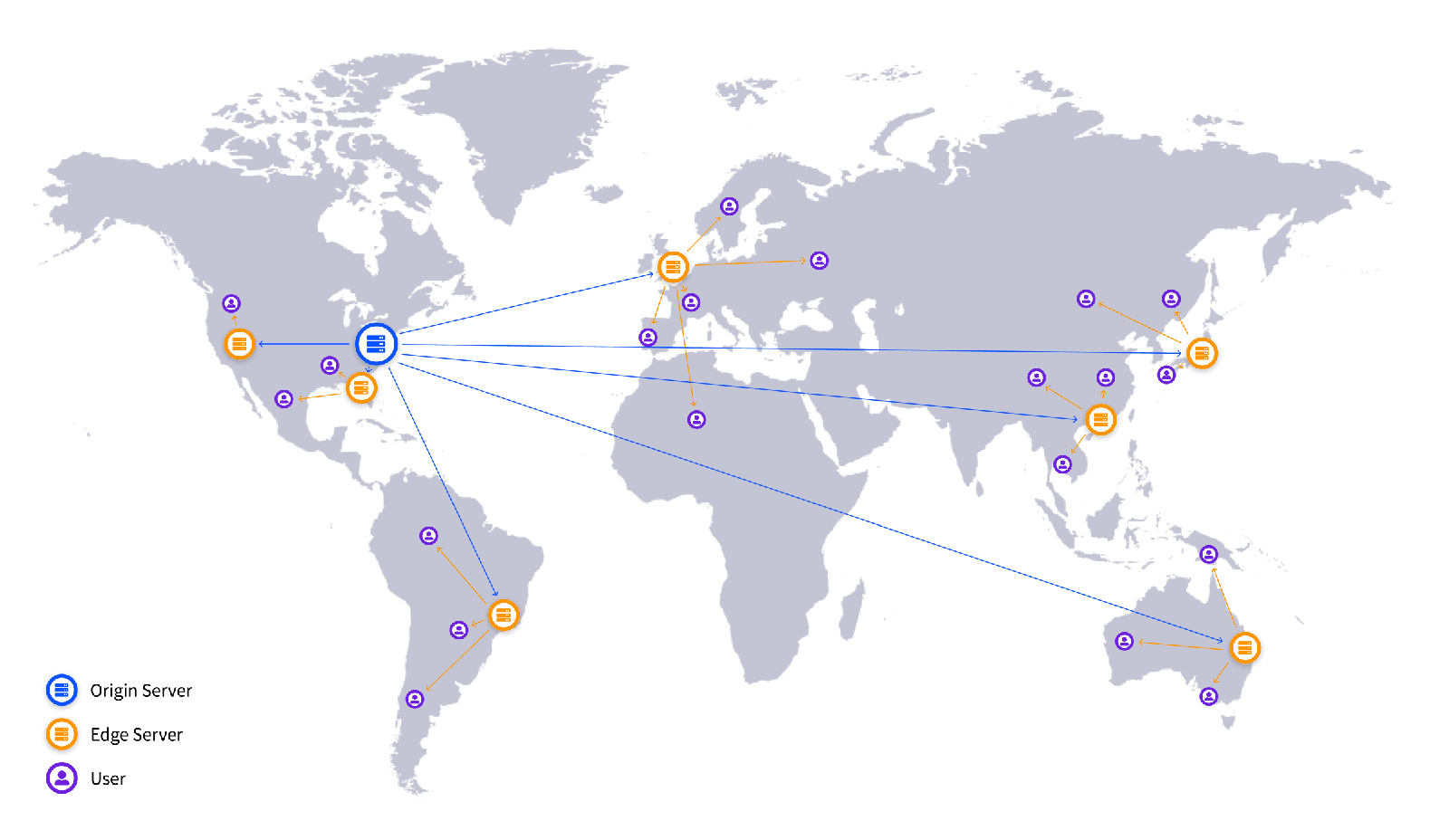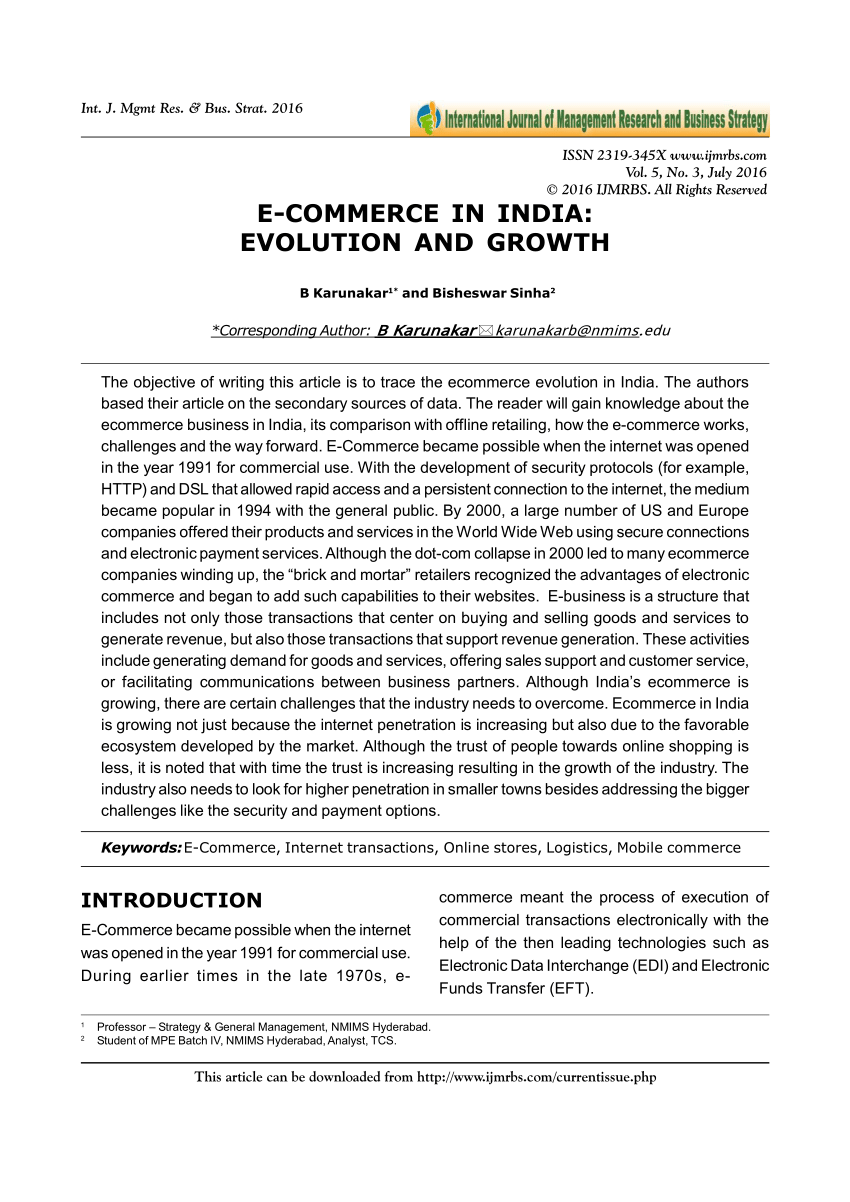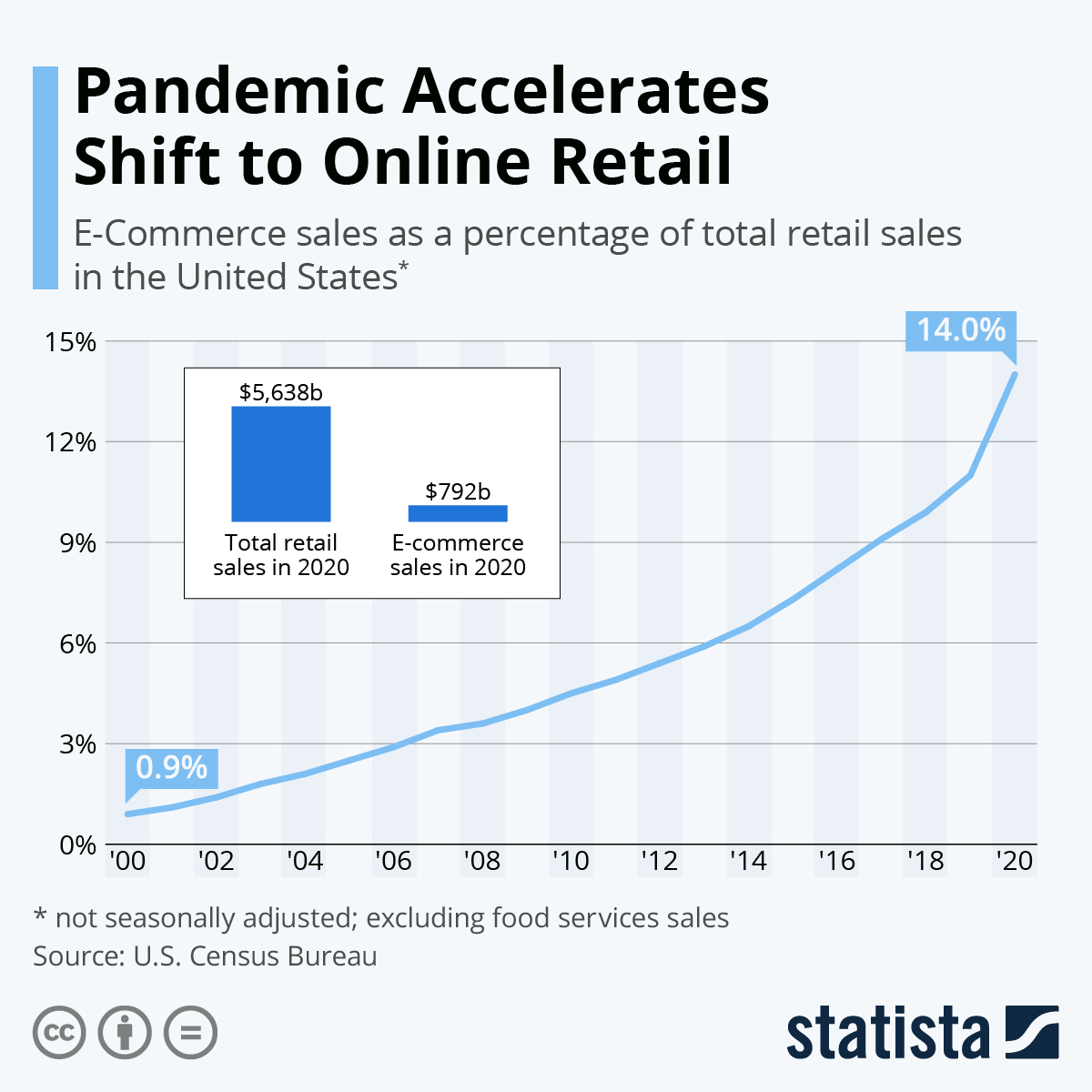The Evolution of CDN Services in Supporting E-commerce Growth

Content Delivery Networks (CDNs) have become indispensable for supporting the rapid growth of e-commerce. By distributing content closer to end-users, CDNs ensure faster page load times, improved user experience, and increased conversion rates.

Early Days: Static Content Delivery

- CDNs initially focused on delivering static content, such as images, videos, and CSS files.
- This improved page load times, particularly for large media-rich websites.
Caching and Compression
- Advanced caching techniques emerged, allowing CDNs to store frequently requested content for faster delivery.
- Data compression reduced file sizes, further improving load speeds.
Edge Computing
- Edge computing brought processing power closer to end-users, enabling CDNs to perform complex tasks on-the-fly.
- This resulted in personalized content delivery and reduced latency.
Mobile Optimization
- With the rise of mobile e-commerce, CDNs optimized their services for mobile devices.
- They developed features like adaptive bitrate streaming and device fingerprinting to deliver the best possible experience on varying screen sizes.
Security Enhancement
- CDNs integrated security measures, such as SSL encryption and DDoS protection, to safeguard e-commerce websites.
- This ensured data privacy and protected against cyberattacks.
Cloud Integration
- CDNs seamlessly integrated with cloud computing platforms, enabling seamless content delivery from multiple cloud providers.
- This provided greater scalability and flexibility for e-commerce businesses.
Personalization
- Advanced CDNs offer personalization capabilities, allowing retailers to tailor content based on user demographics, browsing history, and preferences.
- This enhanced user engagement and increased conversion rates.
AI and Machine Learning
- AI and machine learning algorithms are being incorporated into CDNs to improve content delivery and optimize network performance.
- This helps predict user behavior and deliver content proactively.
Ongoing Innovations
The evolution of CDN services continues with ongoing innovations, including:
- 5G Integration: 5G networks promise lightning-fast speeds, enabling CDNs to deliver content with ultra-low latency.
- Serverless Architecture: Serverless CDNs reduce infrastructure costs and provide greater scalability.
- Blockchain Technology: Blockchain can be used to enhance CDN security and transparency.
Benefits for E-commerce Businesses
- Faster page load times
- Improved user experience
- Increased conversion rates
- Reduced bounce rates
- Enhanced security
- Cost savings through scalability
- Competitive advantage in the online marketplace
Conclusion
CDNs have played a pivotal role in the growth of e-commerce by delivering content quickly, efficiently, and securely. As technology continues to advance, CDNs will evolve further, providing even greater benefits to e-commerce businesses and their customers.## The Evolution of CDN Services in Supporting E-commerce Growth
Executive Summary
Content delivery networks (CDNs) are playing an increasingly critical role in supporting the growth of e-commerce. By providing fast, reliable, and secure delivery of content, CDNs can help businesses improve website performance, enhance user experience, and increase sales.
Introduction
The rise of e-commerce has revolutionized the way businesses sell and consumers shop. In today’s fast-paced digital world, customers expect websites to load quickly and seamlessly, regardless of their location or device. Content delivery networks (CDNs) have emerged as essential tools for meeting these demands.
FAQs
1. What is a CDN?
A CDN is a network of geographically distributed servers that store and deliver content to end users. By caching content closer to the end user, CDNs reduce latency and improve content delivery speed.
2. How does a CDN benefit e-commerce businesses?
CDNs provide several benefits for e-commerce businesses, including:
- Improved website performance: CDNs reduce load times and improve website responsiveness.
- Enhanced user experience: Fast and reliable content delivery creates a positive user experience and increases customer satisfaction.
- Increased sales: Improved website performance and user experience lead to higher conversion rates and increased sales.
3. What are the key considerations when choosing a CDN?
When selecting a CDN, businesses should consider factors such as:
- Network performance: The CDN’s network infrastructure and server locations should meet the business’s geographic distribution and traffic patterns.
- Content caching: The CDN should provide robust caching capabilities to store popular content and reduce load times.
- Security features: The CDN should offer strong security measures to protect sensitive data and customer information.
Top Subtopics
1. Global Reach and Low Latency
CDNs provide global reach by deploying servers in numerous locations worldwide. This allows them to deliver content to users close to the point of presence, reducing latency and ensuring fast content delivery.
- Global server infrastructure: CDNs have extensive global server networks to ensure content availability and low latency.
- Optimized routing: CDNs use intelligent routing techniques to find the optimal path for content delivery based on user location and network conditions.
- Multi-protocol support: CDNs support various protocols, including HTTP, HTTPS, and UDP, to accommodate different content types and delivery methods.
2. Improved Website Performance
CDNs improve website performance by reducing page load times, optimizing images and videos, and minimizing downtime.
- Caching strategies: CDNs employ various caching techniques, such as edge caching and DNS-level caching, to store popular content and reduce server load.
- Content compression: CDNs compress web pages and files to reduce their size and improve download speed.
- Server monitoring and traffic management: CDNs constantly monitor server health and manage traffic load to ensure optimal website uptime and performance.
3. Enhanced User Experience
CDNs enhance user experience by providing fast and seamless content delivery, regardless of the user’s location or device.
- Mobile optimization: CDNs provide mobile-specific optimizations to improve content delivery on smartphones and tablets.
- Adaptive bitrate streaming: CDNs adapt the bitrate of video streams based on user bandwidth and device capabilities for smooth and uninterrupted playback.
- Personalized content delivery: CDNs can deliver personalized content based on user preferences and browsing history to enhance user engagement.
4. Increased Security
CDNs provide enhanced security by protecting websites against cyber threats and data breaches.
- SSL/TLS encryption: CDNs encrypt content delivered over HTTP and HTTPS connections to protect sensitive data.
- DDoS mitigation: CDNs offer DDoS mitigation services to protect against distributed denial-of-service attacks and ensure website availability.
- Web Application Firewall (WAF): CDNs include WAFs to block malicious traffic and protect against web application vulnerabilities.
5. Analytics and Reporting
CDNs provide advanced analytics and reporting tools to help businesses track and optimize content delivery performance.
- Real-time performance monitoring: CDNs offer real-time visibility into content delivery metrics, such as page load times and cache hit rates.
- Historical data analysis: CDNs store historical data to analyze trends and identify areas for improvement.
- Customization and automation: CDNs allow businesses to customize reporting parameters and automate reporting processes to fit their specific needs.
Conclusion
Content delivery networks (CDNs) are essential tools for supporting the growth of e-commerce. By providing fast, reliable, and secure content delivery, CDNs help businesses improve website performance, enhance user experience, and increase sales. As e-commerce continues to grow, CDNs will play an increasingly vital role in driving business success.
Keyword Tags
- Content delivery networks (CDN)
- E-commerce growth
- Website performance
- User experience
- Security
